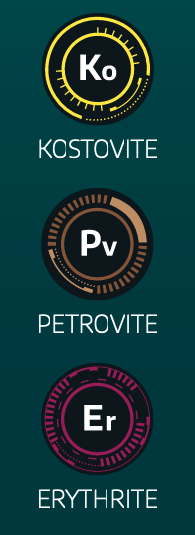How far will Putin go – and how far will America go to stop him?
Sometimes, in weighing what Russian officials are saying now, or what they may be saying next week, it helps to take a look at what they were saying just a few days ago:
- Russian Foreign Minister Sergey Lavrov, on January 28: “We want no wars”; and then, on February 25: “Nobody is going to attack the Ukrainian people … There are no strikes on civilian infrastructure”;
- Deputy Foreign Minister Sergei Ryabkov, on January 10: “We have no plans, no intentions to attack Ukraine”;
- Russia’s Ambassador to the United Nations Vasily Nebenzya, on February 28: “A lot of fake news and a lot of fake factories that produce those news”; and
- Russian President Vladimir Putin, on February 15: ”Do we want it, war, or not? Of course, not.”
They lied.
CBS News
No one can possibly know for sure what’s next. But “Sunday Morning” senior contributor Ted Koppel turned to four people whose life experience and accumulated expertise gives their opinions special weight.
Nina Khrushcheva, great-granddaughter of Nikita Khrushchev, came to study in America when Russia was known as the Soviet Union. She’s now a professor of international affairs at the New School in New York, but still has close ties to the country where she was born.
CBS News
“People are being fired for speaking against the war,” she told Koppel. “My niece just got arrested in the center of Moscow. She was just walking. And because she’s young, the police assumed that she must be protesting against the war. She would just get arrested.”
Khrushcheva noted that Putin’s poll numbers have gone up, from 60% to 71%.
“Now, can we trust those polls?” asked Koppel. “Or does the Kremlin …”
“Oh yes. No, it’s not the Kremlin. It’s the Levada poll.”
“But I suspect when the bodies come back, it’ll be in the dark of night, and there won’t be anybody there to photograph it?”
“Absolutely,” Khrushcheva replied. “And they already, I mean, there…


 PETROVITE, which has targeted mining and energy operations in Kazakhstan, has shown an interest in collecting data on ICS/OT systems and networks, but, based on what Dragos has seen, it has yet to actually gain access to these types of systems. The company is aware of PETROVITE attacks conducted since the third quarter of 2019.
PETROVITE, which has targeted mining and energy operations in Kazakhstan, has shown an interest in collecting data on ICS/OT systems and networks, but, based on what Dragos has seen, it has yet to actually gain access to these types of systems. The company is aware of PETROVITE attacks conducted since the third quarter of 2019.


